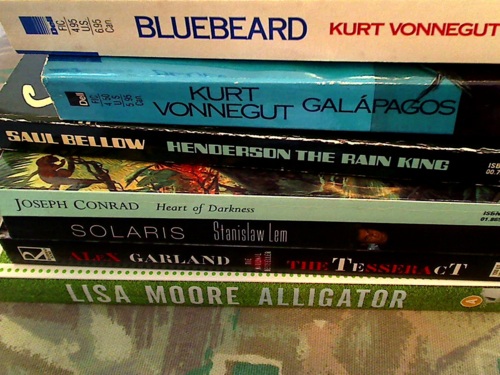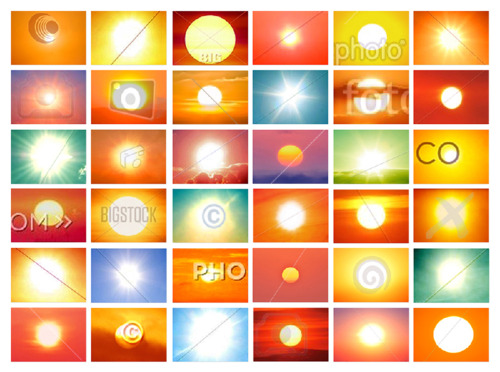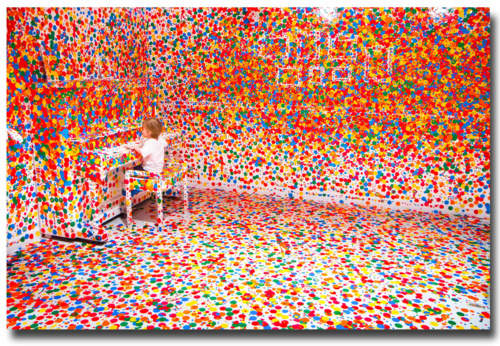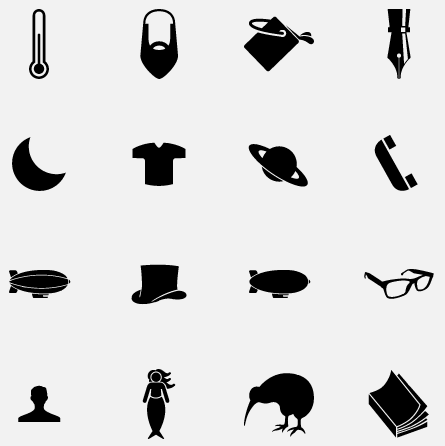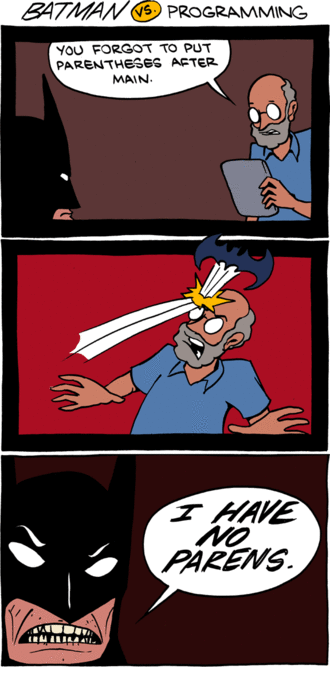“Where one cannot walk barefoot.” - Tsingy de Bemaraha National Park, Madagascar.
“It’s time to build our first native app using web technologies. We are going to build a simple photo gallery app using images from my Meow Reader Tumblr. The code presented should be flexible enough to turn any Tumblr into an app.”
Synesthasia is the second album from DJ Brace’s Electric Nosehair Orchestra Project.
Part of the concept for Nostomania was the idea that sound can pull up long neglected memories. Synesthesia is something like a crossed wire in the brain where one sense connects with another; a color might have a certain smell, or maybe you can taste a sound.
Everything is a Remix - Part 4 - The Transcript
Also: Parts 1 through 4
“Our system of law doesn’t acknowledge the derivative nature of creativity. Instead, ideas are regarded as property, as unique and original lots with distinct boundaries. But ideas aren’t so tidy. They’re layered, they’re interwoven, they’re tangled. And when the system conflicts with the reality… the system starts to fail.”
Copyright is sooooo 1700s.
Couples swap clothing for photo shoot.
“Taken from stock photography sites, Copyrighted Suns / Screengrabs, points to the absurdity in trying to ‘own’ the image of the sun.”
A man, covered in light emitting diodes, snowboards at night.
“Hi there. I hear that you want to build native mobile apps using only web technologies. Me too. Before we begin we need to define our required toolset.”
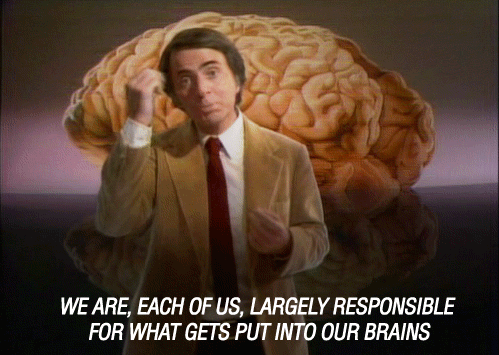
“We are, each of us, largely responsible for what gets put into our brains, for what, as adults, we wind up caring for and knowing about. No longer at the mercy of the reptile brain, we can change…”
— Carl Sagan [via]
I’ve started a blog about mobile app development. I’ll link to the new posts from here.
Three human shaped RC planes were flown around New York City to create the illusion of people flying
How the Dutch Got Their Bike Paths
Also see: The Dutch Cycling Embassy - Cycling for Everyone.
“There is no decahedron like a snowdecahedron.” -Plato
Temporary public art.
This is What Happens When You Give Thousands of Stickers to Thousands of Kids.
I guess it’s time for me to start hording stickers for Acelyn.
Like computer hackers who crack digital networks and surreptitiously take control of key machines, members of UX carry out clandestine missions throughout Paris’ supposedly secure underground tunnels and rooms.
Through meticulous infiltration, UX members have carried out shocking acts of cultural preservation and repair, with an ethos of “restoring those invisible parts of our patrimony that the government has abandoned or doesn’t have the means to maintain.”
Reminds me of my good friend Paren Brace.
“The natural home for ideas and creations is in the commonwealth, the public domain. We cleverly give the creators of ideas and art and inventions a temporary monopoly for their creations outside of the commonwealth in order to encourage them to make more new things. That is good. For a while that temporary period in the US was 58 years after the work was created for copyright and 17 years for patents.”
When copyright was first brought into law in the UK (1709) the terms were 21 years for books already in print and 14 years for new ones, with an additional 14 years if the author was still alive when the first term ran out.
“Unfortunately, as creators became corporations, they have lobbied for laws (and financially supported the elections of lawmakers) that have extended the “temporary” period till it is in effect, unlimited for copyright.”
Also: Copyright and Wrong - Why the rules on copyright need to return to their roots
“The notion that lengthening copyright increases creativity is questionable. Authors and artists do not generally consult the statute books before deciding whether or not to pick up pen or paintbrush. And overlong copyrights often limit, rather than encourage, a work’s dissemination, impact and influence. “
